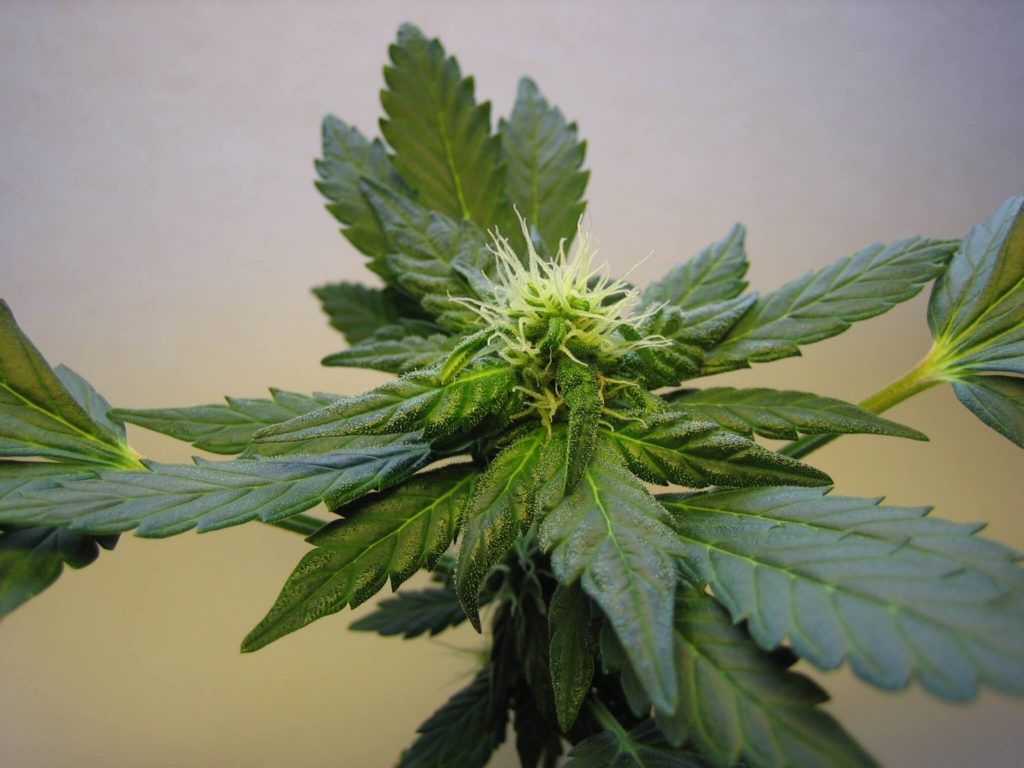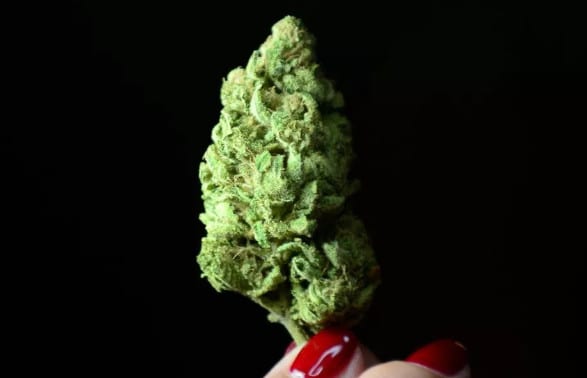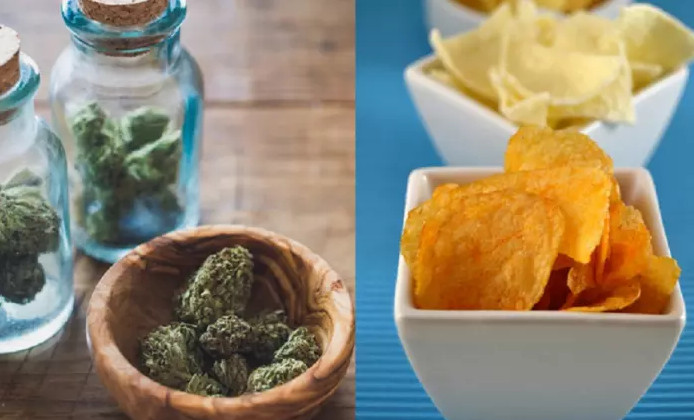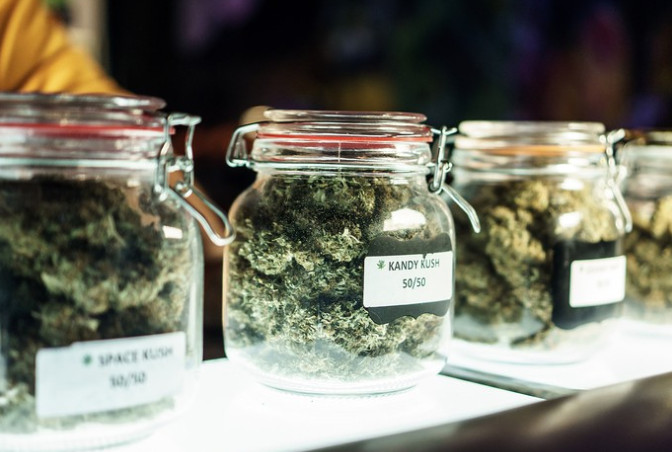Marijuana, following a long past with prohibition, is beginning to be legalized in different places around the country through the government and voter actions. Although the federal government still holds back on this issue, some states in the country are turning towards cannabis to the benefit of their economies.
Thus far, Washington and Colorado are the only states that have fully legalized the marijuana for recreational purpose. Although some caveats to this law exist, the benefits have been huge. Since the sale of cannabis started in Colorado, the state has been raking in massive tax revenues, and Washington is set to continue to carry on with this trend. Before full legalization, these states had strong medical marijuana industries, making their transition easier. While laws and industries differ from one state to another, the basic idea behind medical marijuana dispensaries and outlets, along with donation systems and collective gardens, work the same.
The donation and collective gardens systems have made it possible for marijuana dispensaries to thrive. Naturally, there are some who abuse the system, utilizing the medical loophole to get their hands on marijuana for recreational purpose. Despite this, the medical marijuana industry plays a significant role enhancing the lives of many individuals. Cannabis and its derivatives provide relief to those suffering from chronic pain, cancer, anxiety, and other countless issues.
The idea of a collective garden is integral to the industry of medical marijuana, particularly in the state of Washington. Every time one enters an access point or a dispensary, they will be asked to brandish their marijuana paperwork and identification, or the ‘green card.’ Patients who are new to a particular dispensary are asked to fill out documents that would allow them to become members of the collective garden, making it possible for them to acquire cannabis products from the access point in exchange for monetary contributions. Patients can sign up to become members of various collective gardens, offering unlimited access to numerous dispensaries across the state.
People cultivating their cannabis can bring their products to the access points, and try selling them via the donation system. This is how most shops obtain their oils and edibles. As a result of specialization, patients can create their small businesses by diverting their talents to certain products. For instance, an individual may have a better way of producing and marketing cannabis-infused soda. Such patients can bring these products to different shops, and stock the shelves of the dispensaries with the products.
Despite these advancement taking place in the medical marijuana industry, the market still faces some drawbacks. For instance, the marijuana industry is still stuck when it comes to other section of the economy such as banking and finances. A lot of banking institutions, as well as credit unions, do not allow these dispensaries to own accounts as they still view marijuana-related products as illegal, and they fear being associated with it. This is a bit ironic as some of the largest banks have been found laundering money for drug cartels.













